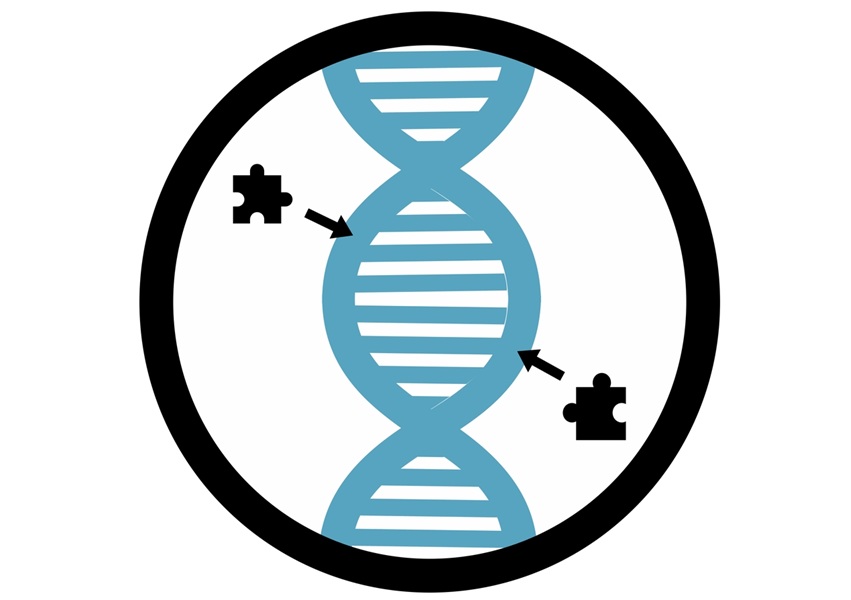Blood Samples Enhance B-Cell Lymphoma Diagnostics and Prognosis
Posted on 30 Apr 2024
B-cell lymphoma is the predominant form of cancer affecting the lymphatic system, with about 30% of patients with aggressive forms of this disease experiencing relapse. Currently, the disease’s risk assessment is largely based on clinical evaluations, which include age, overall health, and disease stage of the patient. However, these methods often fall short in accuracy, potentially leaving high-risk patients unidentified and not fully accounting for the biological variations across different lymphomas. Additionally, the quality of tissue samples can affect the precision of diagnoses. Now, a new study suggests that circulatory protein levels in the blood could play a crucial role in enhancing the accuracy of diagnoses and enabling personalized treatment approaches for patients with aggressive B-cell lymphoma.
Researchers from the University of Helsinki (Helsinki, Finland) conducted a study that revealed specific protein profiles associated with more aggressive forms of the disease. They analyzed blood samples from 109 patients with aggressive B-cell lymphoma, measuring the levels of 1,400 different proteins at various treatment stages—before, during, and after therapy. They then correlated these protein profiles with clinical data, tumor characteristics, and circulating tumor DNA from lymphoma. The study found particular inflammatory protein profiles that were linked to poorer survival outcomes, higher inflammation within tumor tissues, and greater tumor burdens.

Moreover, the research demonstrated that blood-based protein profiles could help distinguish between different subtypes of B-cell lymphoma. An important discovery was that these profiles could monitor treatment responses, a critical factor in managing the disease. The researchers suggested that protein profiling could enhance diagnostic accuracy in instances where tissue samples alone are inadequate. Furthermore, these profiles could aid in ongoing patient care and monitoring. For instance, a simple blood test could check if disease-related proteins have returned to normal levels after treatment, helping to tailor further treatment and follow-up. The researchers emphasize the need for clinical trials to validate the practical use of protein profiling in routine medical practice.
“In practice, this could mean that it would be possible to monitor any potential relapses with the help of blood samples instead of imaging,” said Doctoral Researcher Maare Arffman from the University of Helsinki.
Related Links:
University of Helsinki













